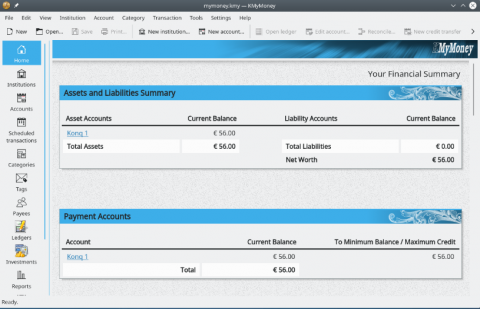Open source refers to the practice of making the source code of software freely available to the public. This allows anyone to view, modify, and distribute the code, as long as they follow the terms of the specific open source license. Open source software is typically developed by a community of volunteers and can be used for a wide range of purposes, from personal projects to large-scale enterprise systems.
One of the key advantages of open source is that it promotes collaboration and innovation. Because the source code is freely available, developers can easily build on the work of others, and new features and improvements can be added quickly. This can lead to faster development times and lower costs compared to proprietary software.
Another advantage of open source is that it promotes transparency and security. Because the source code is available for anyone to view, it can be audited for security vulnerabilities and bugs. This can make open source software more secure than proprietary software, where the source code is not available for review.
In addition, open source software can also be more cost-effective than proprietary software. Since the source code is freely available, there are no licensing fees associated with using it, and it can be used for a wide range of purposes. This can be especially beneficial for small businesses and non-profits that may not have the resources to afford expensive proprietary software.
However, open source software is not without its challenges. One of the main challenges is that open source software is often developed by volunteers, and there may not be a dedicated team of developers working on a particular project. This can lead to inconsistencies and bugs in the software, and there may not be a clear point of contact for support.
Despite these challenges, open source has proven to be a valuable model for software development. Many popular software programs such as Linux, Apache, and Mozilla Firefox are open source and have a large, active community of developers. As the open source model continues to evolve, it will likely become an even more important part of the software development landscape.
In conclusion, open source software is a powerful tool for collaboration and innovation, but it also comes with its own set of challenges. It is important for developers and organizations to carefully evaluate the pros and cons of open source software before deciding to use it in their projects.
- Log in to post comments

